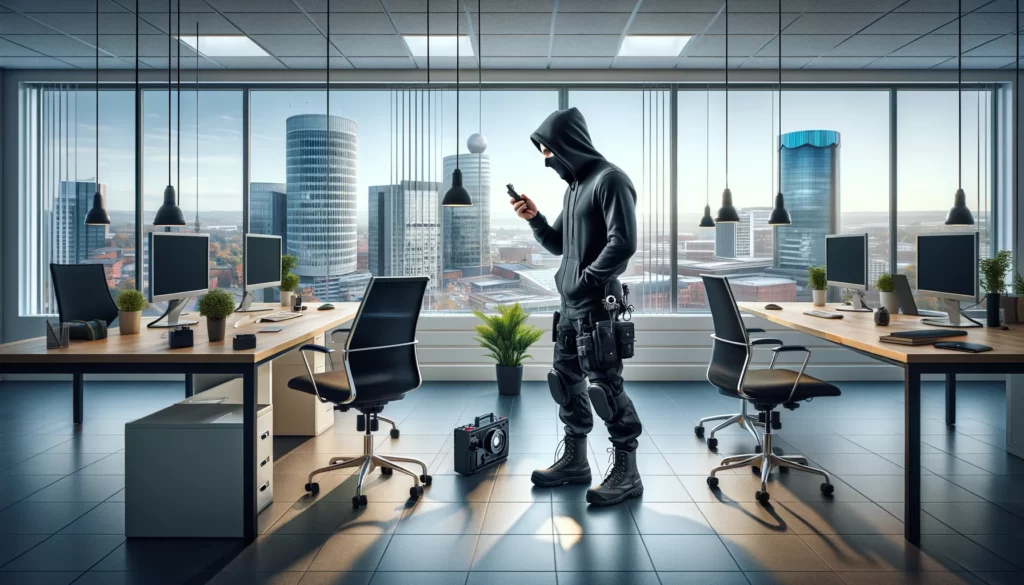Introduction: When people hear about the world of private investigators, they often envision an exciting and intriguing profession filled with thrilling cases. While there’s no denying that being a private investigator can be incredibly interesting and rewarding, like any career, it comes with its share of challenges. In this article, we’ll explore both the positive and negative aspects of being a private investigator.

The Good:
1. Helping to Get the Truth: Private investigators are often the last hope for clients seeking answers to pressing questions. Whether it’s a spouse suspecting infidelity or a parent trying to reconnect with their children, private investigators have the experience and skills to uncover the truth. The satisfaction of confirming suspicions or reuniting families is unmatched.
2. Stories Unfolding: One of the most enjoyable aspects of the job is watching a case evolve and seeing the puzzle pieces come together. Surveillance, in particular, involves learning about the subject’s daily life, habits, and interactions. Over time, a narrative unfolds, culminating in capturing critical evidence. It’s akin to being a storyteller, and it’s a fascinating part of the job.
3. Problem Solving and Evolving: Every day as a private investigator presents new challenges and opportunities for growth. Whether it’s devising creative ways to conceal cameras or developing a backstory for an undercover operation, adaptability and problem-solving skills are crucial. The dynamic nature of the job keeps investigators on their toes and continuously learning.
4. Client Satisfaction: Positive feedback from clients is the ultimate reward. Catching fraudulent claimants in personal injury investigations, for example, not only saves money but also brings a sense of justice. Knowing that your work has made a difference and helped clients achieve closure is deeply gratifying.
The Not So Good:
1. The Toilet Situation: Surveillance operatives must contend with the inconvenience of restroom breaks during long hours of observation. Leaving a surveillance vehicle suddenly can arouse suspicion, so investigators often need to improvise with items like bottles or portable toilets to address this necessity.
2. Long “Stake Outs” AKA Static Observations: Some cases require hours of static observation, where investigators remain in one location without moving. These stakeouts can last from 6 to 12 hours or even longer. Enduring extreme weather conditions and sleep deprivation can be challenging, but dedication to the task is paramount.
3. Solitude: While investigators often work in pairs, some cases may require solo operations. This means spending extended periods alone, without the comfort of constant human interaction or even access to phones. Private investigators must become comfortable with solitude and self-reliance.
Conclusion: The life of a private investigator is a blend of excitement and adversity. This profession demands adaptability, problem-solving skills, and a capacity to handle uncomfortable situations. While the challenges may seem daunting, they are overshadowed by the rewarding aspects of helping clients discover the truth and achieve closure. Private investigation is a career suited for individuals with the right temperament and a passion for uncovering secrets.
If you require the services of a local private investigator, feel free to get in touch with us today.